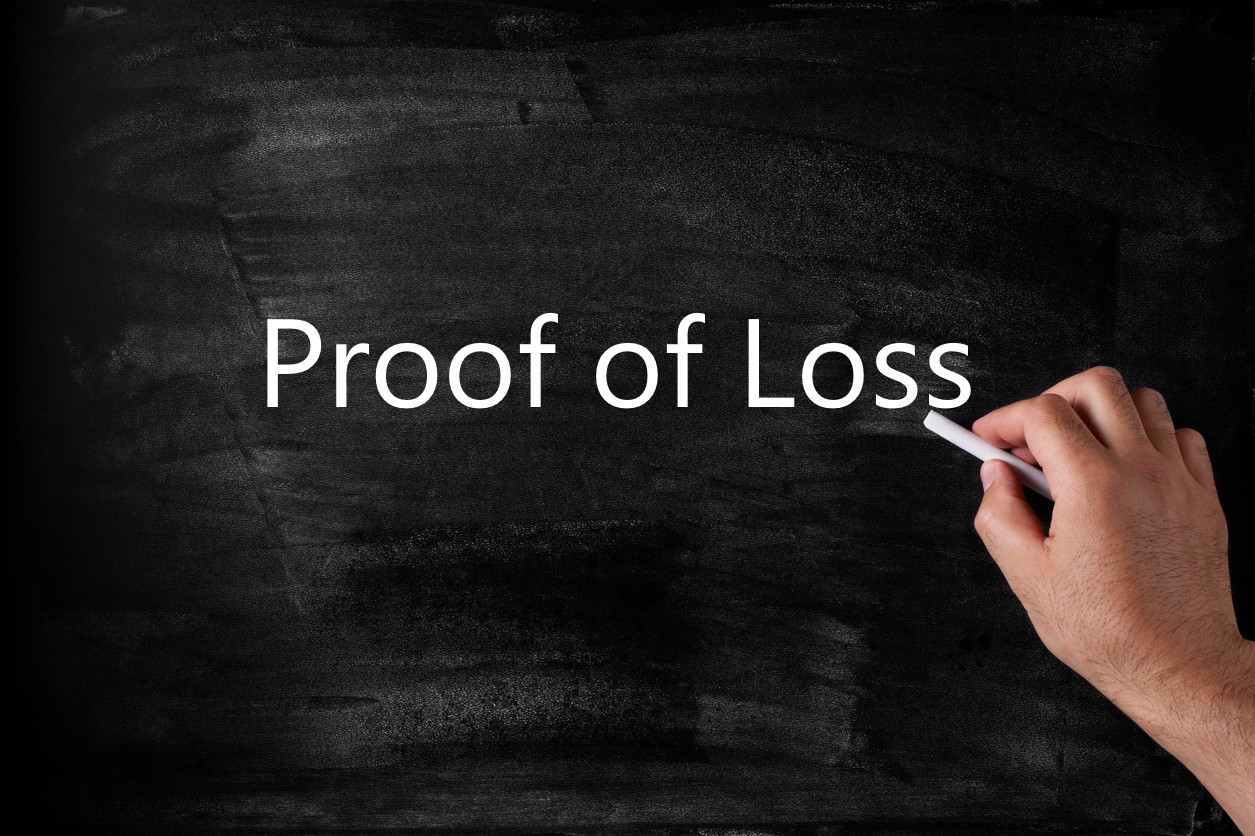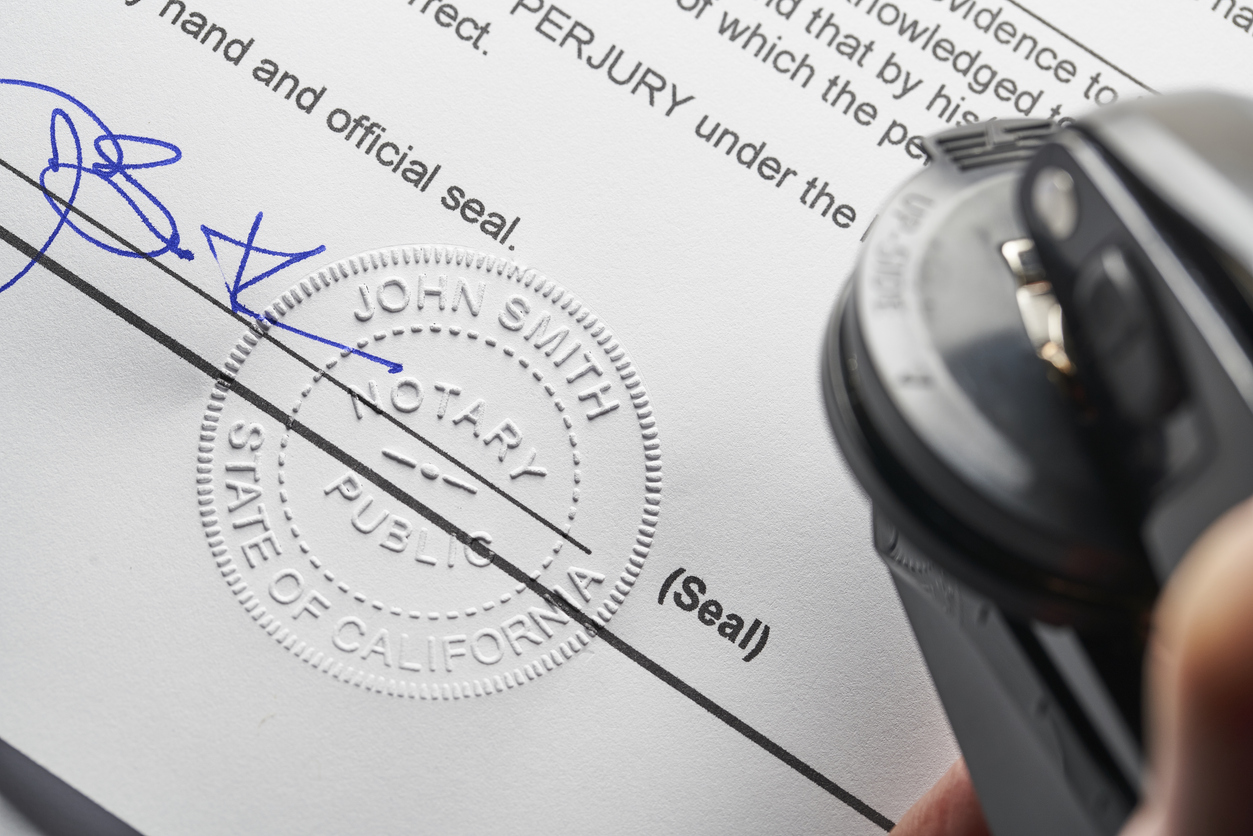Florida law is significantly more specific about who may work on, aid in, or prepare a claim for a policyholder. Many insurance restoration contractors, all insurance consultants, and all those non-licensed third parties who help contractors, policyholders and public adjusters with insurance claims should get ready for a new way of doing business when a new law takes effect on January 1, 2018.
The new law has other significant changes, especially regarding public adjuster apprentices, but today, I focus on the following:
19) Except as otherwise provided in this chapter, no person, except an attorney at law or a public adjuster, may for money, commission, or any other thing of value, directly or indirectly:
(a) Prepare, complete, or file an insurance claim for an insured or a third- party claimant;
(b) Act on behalf of or aid an insured or a third-party claimant in negotiating for or effecting the settlement of a claim for loss or damage covered by an insurance contract;
(c) Advertise for employment as a public adjuster; or
(d) Solicit, investigate, or adjust a claim on behalf of a public adjuster, an insured, or a third-party claimant.
Insurance Consultants, who are not licensed public adjusters or attorneys, advertise, and I suppose provide, all types of services to policyholders, contractors, and public insurance adjusters. Frequently, these unlicensed consultants act as a “back room” or “third party administrators” for contractors and public adjusters. They send, prepare, and work on property insurance claims. These acts are unlawful in many states, including Florida. The new law clarifies those who may lawfully assist policyholders in preparing and making claims. I suggest those unlicensed individuals who do this work stop or obtain a public adjuster license right away.
Restoration contractors are important. After disasters strike, communities need competent and motivated construction professionals. Restoration contractors who have pre-arranged temporary but experienced help willing to do first class work in places far from home should be congratulated for their work. Some people say they may be “storm chasers,” but the best restoration contractors do quality jobs and are a blessing when a community is devastated. Policyholders, insurance companies and the public need professional restoration workers devoted to rebuilding communities when disaster strikes.
Restoration contractors who choose to ignore this new law and who prepare, complete or file an insurance claim on behalf of a policyholder or third-party claimant should also look for a criminal defense attorney. As indicated in NAPIA Annual Meeting in San Antonio Will Discuss Water Damage Claim and Unauthorized Practice of Public Adjusting, they are breaking the law and the Florida Department of Financial Services has issued a bulletin warning of the possible penalties.
Here is a good example of a Florida contractor advertisement promising to perform illegal activity:
We specialize in insurance claims, you can rely on us to take care of your claim from start to finish. All you have to do is make the call to start the claim. We handle the rest. They make their estimate, and we make ours. We negotiate with the insurance company to find not only an agreed upon price, but also an agreed upon scope. Once everyone is on the same page, we get contracts signed, and begin work. Every company is different in how the handle claims, we work directly with your insurance adjuster to make sure that everything is done in a timely manner and gets finished properly. Giving you a stress-free insurance restoration claim process.
When dealing with unexpected damage to your home, filing an insurance claim can feel like a nightmare that never ends. Trust our team with over 10 years of insurance claim experience to handle the process from start to finish.
Our goal is to make sure the claim is payable at an amount that is large enough to restore your home to its pre-damage state.
• Fire and smoke damage
• Wind and storm damage
• Water damage
• Tree damage
• Car damage
All an enterprising State Attorney would have to do to build a case is simply send investigative subpoenas to this contractor and take statements from that contractors’ employees who solicit contracts. The State Attorney would then inquire of policyholders what the company representative told them at the time of solicitation and during the claim. The State Attorney could also send investigative subpoenas to the independent and company adjusters who negotiate the claims with the contractor to determine who wrote emails about the insurance claims and what the company representatives said and did during the claims process. This would establish whether a person not licensed as a public insurance adjuster or an attorney acted to “aid,” “prepare,” or “negotiate” the insurance claim. As an aside, I suggest that insurance adjusters should be careful not to aid those who are endeavoring to break Florida law.
I am truly surprised that the Florida insurance industry—which has complained about some of these contractors in Dade and Broward counties—has not asked why the Attorney General and the State Attorneys in those counties are not pursuing charges. Some insurance claims executives have told me that they have complained to authorities, and nothing has happened.
The bottom line:
- The new law strengthens previous law.
- The new law better protects consumers and the insurance industry.
- People involved in the restoration industry and those estimating and dealing with insurance companies in any way should be careful not to break Florida law.
Positive Thought For The Day
“I am not an advocate for frequent changes in laws….But laws and institutions must go hand in hand with the progress of the human mind. As that becomes more developed, more enlightened, as new discoveries are made, new truths discovered and manners and opinions change, with the change of circumstances, institutions must advance also to keep pace with the times. We might as well require a man to wear still the coat which fitted him when a boy as civilized society to remain ever under the regimen of their barbarous ancestors.”
—Thomas Jefferson



